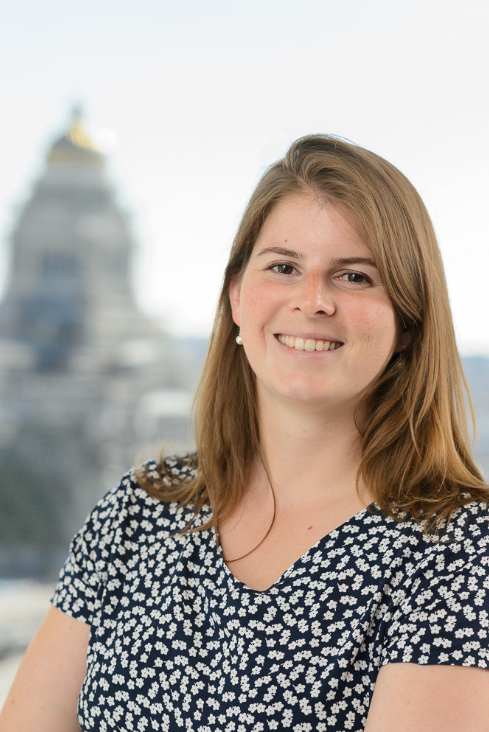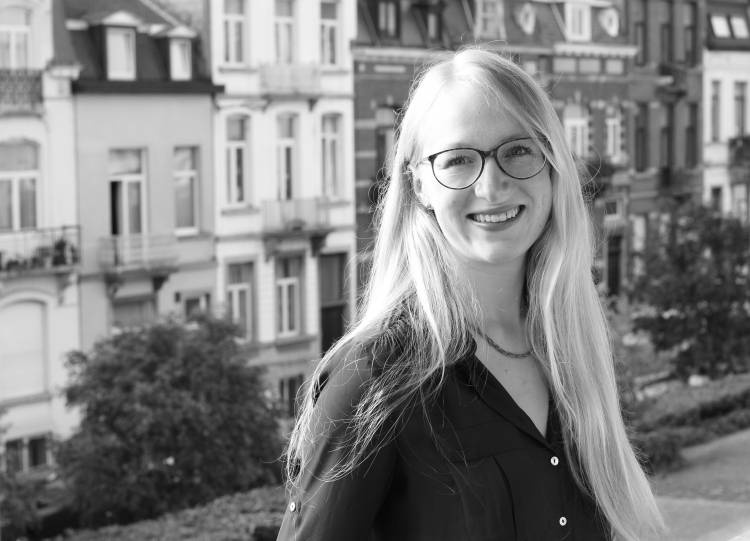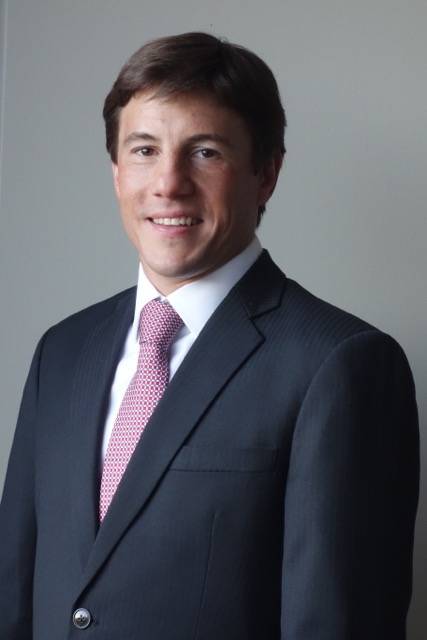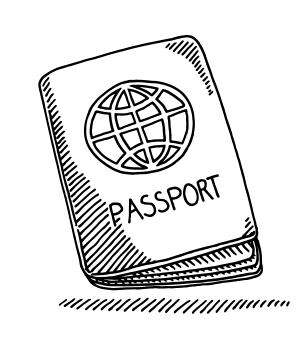Many students find an LL.M. is a great way to add new skills to their law toolkit. The degree can also present some interesting career opportunities. Read about some recent LL.M. graduates and what they did with their degrees.
An LL.M. isn’t required to practice law, so many potential students may wonder whether the degree is worth the investment.
In fact, beyond helping to develop new skills—and perhaps learn about a new concentration—an LL.M. might also open some new doors, career-wise.
Here we meet three Masters of Law and chart their career paths following graduation.
Practicing competition law in the heart of Europe

Adélaïde Nys was studying for a Master of Laws at Ghent University, in her native Belgium, when she decided to take an additional year to study on the College of Europe’s European Law and Economic Analysis program.
This is an optional one-year program for LL.M. students that allows both law and economics students to gain a better understanding of the other discipline. On that program, taught in Bruges, Belgium, Nys found her grounding in competition law and scored her first job in time for graduation in summer 2015.
“I found my job during my second semester at the College of Europe,” says Nys. “It was a six-month traineeship in an international law firm in Brussels that was mainly doing competition law.”
After spending a year in that role, she switched to Crowell & Moring LLP where she still puts her competition law skills into practice in Brussels.
She says her regular tasks include advising clients on their market behavior, researching these issues and discussing them with other lawyers in the field and also performing litigation services.
“A typical day would be: you come into the office and you know more or less what you have to do with the deadlines you receive, but you will have to do a little bit of advice, a little bit of preparation to defend your client in front of the competition authorities, whether European or the Belgian authorities here, and then you will do some research and draft some emails to obtain the correct information for the client,” says Nys.
“We have a lot of hearings, but we also have to deal with dawn raids – the surprise investigations that happen in on our clients’ premises.”
Nys says one of the skills from the College of Europe’s program she’s been able to apply to her work is the ability to adapt to different cultural working styles.
“[At the College] we had the more Anglo-Saxon way of teaching and then the more Continental way of teaching, and that was very interesting in the way it gave us the skills to be very flexible,” she says.
“Being able to switch from one way of teaching and one system of learning law to another has permitted me to be very adaptive when I meet a client for the first time,” she says.
“It opens the mind so you’re less overwhelmed when you meet a client – you’re better equipped to think outside the box.”
Lobbying Europe’s most powerful institutions
As the capital of the European Union, and home to the Council of the European Union, the European Commission and the European Parliament (part-time), Brussels is an attractive location for LL.M. graduates to find work as lawyers.
While many European LL.M. graduates like Nys find work in Brussels law firms, others land on the lobbying side of the city.

German LL.M. graduate Sarah Wagner did a Bachelor in European Studies at Maastricht University in the Netherlands, which is where she found her interest in legal studies.
“During my Bachelor I realized that I really liked the law part and that’s why I decided to do my Masters in International and European Law,” at Maastricht University, says Wagner.
During the program, she was able to get some international experience: during the second year she studied in Hong Kong and Toronto.
Following graduation in 2016, Wagner is now a Digital Sustainability Policy Assistant at Digital Europe in Brussels.
[Read: 7 Reasons Why Lawyers do an LL.M.]
“Digital Europe represents the digital technology industry,” she says. “On the one hand we have national associations, and on the other hand we have companies including IT, telcos and consumer electronics companies.”
Wagner works in the organization’s digital sustainability team.
“We deal with waste policy and supply chain policies, so for example, conflict minerals, chemicals in our products, as well as eco design, which is about energy and materials, the efficiency of the products of our members,” she explains.
Wagner’s advocacy role means she works to understand legislation being made in Brussels that affects Digital Europe’s members and then her job is to find compromises between those members so she and her team can publish position papers and commentary on their behalf.
“Then I’m also actively involved in outreach processes. I contact, for example, policy officers at the [European] Commission or MEPs in the [European] Parliament. So we go there and present our position papers or comments and discuss our positions with them.”
Wagner says her LL.M. gave her a deep understanding of how European institutions fit together, how to form legal arguments and a better understanding of how laws are made.
“I gained profound knowledge of how the EU functions: decision-making, policy-making, ‘comitology’ and EU competences,” she says. Comitology is the set of procedures European Union member states use to control how EU law is implemented.
“Knowing exactly which institution or agency does what is extremely helpful in tailoring your lobbying activities,” says Wagner. “If you don’t know the procedures and the rights and duties of the actors involved it is difficult to influence the process accordingly.”
Solidifying a successful legal career
Not all LL.M. students jump straight in after completing their Bachelors.
Many return to school after successful careers in law.

“I was practicing international arbitration and dispute resolution as a senior counsel in one of the leading law firms in Argentina,” says Lucas Loviscek.
“I had the opportunity to do my LL.M. at Georgetown after having practiced for many years, which gave me the chance of enhancing my skills and knowledge and put them into practice just after the LL.M. with great results.”
During his time at Georgetown, Loviscek pursued a Certificate in International Arbitration and Dispute Resolution.
Following his LL.M. study, Loviscek was able to find a new role at a top Washington DC law firm, working on international cases.
“After graduation I joined Quinn Emanuel Urquhart & Sullivan LLP, a leading force in business litigation and arbitration,” says Loviscek. “I have been practicing international arbitration in Quinn Emanuel for almost two years, having the chance to represent important clients in high stake disputes around the world.”
“The LL.M. at Georgetown gave me the chance to both continue improving my skills in the field and also acquire a broader and comprehensive knowledge of business and investment which I consider critical in the practice of international arbitration,” says Loviscek.
He says the networking opportunities on the program were also a highlight. “In the LL.M. I met amazing colleagues from all around the globe creating an impressive international network and making friends for life.”
Top image: Belgique - Bruxelles - Basilique de Koekelberg by Antonio Ponte CC BY 2.0 (cropped)










